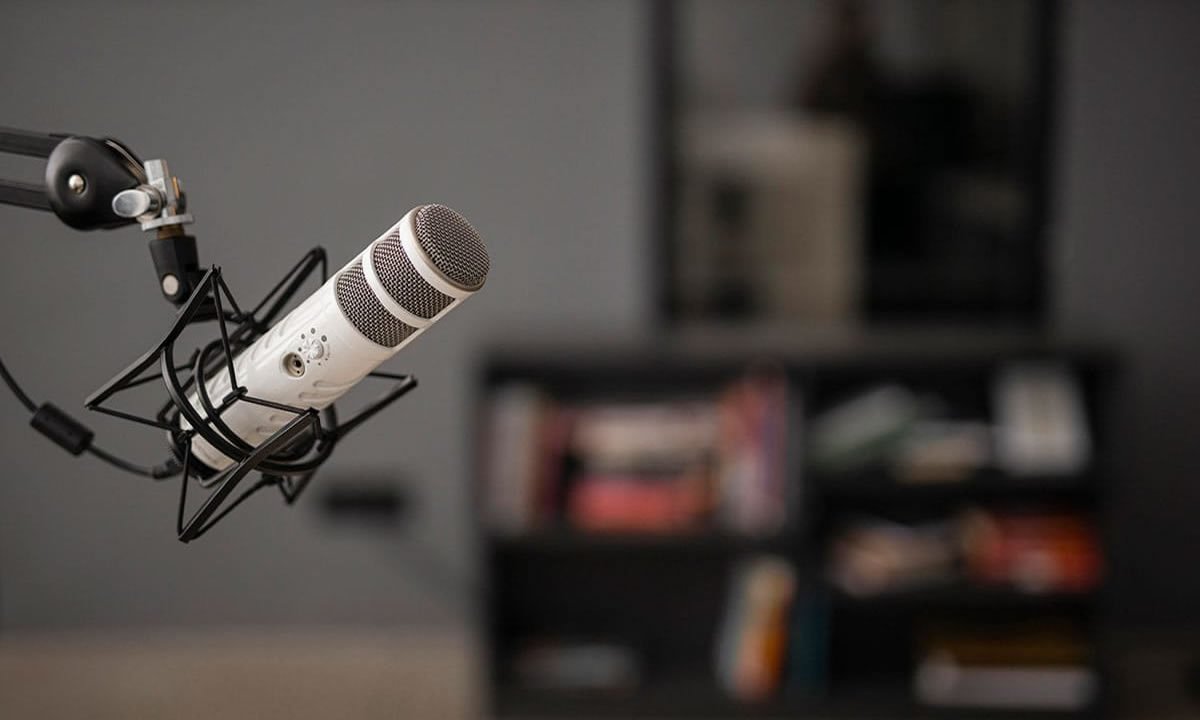
Lungs - The Threshold to the Rest of the Body w/ Dr. Satya Hegde (Ep. 36)
Home > Episode Library > Episode #36
EPISODE 36
Dr. Satya Hegde, a pediatric pulmonologist, discusses the vital role of lungs in health and their exposure to the environment. He highlights the collaboration between specialists in treating complex cases and the importance of early intervention for respiratory symptoms. Dr. Hegde shares his transition to an independent contractor, enhancing his work-life balance and research pursuits. He also discusses his role at Access Pediatric, utilizing telehealth and wearable tech, and plans for a smart air quality monitor for asthma management.
Enhancing Pediatric Pulmonology through Technology and Specialization
The field of pediatric pulmonology is rapidly evolving, driven by advancements in technology and an increasing understanding of the critical role early intervention plays in long-term respiratory health. Pediatric pulmonologists are now beginning to have access to a range of tools that enable remote monitoring, diagnostics, and therapeutics, offering unprecedented opportunities to improve patient care.
Advanced Tools for Remote Monitoring and Diagnostics
One of the significant advancements in pediatric pulmonology is the integration of variable technologies for remote monitoring and diagnostics. Devices such as digital stethoscopes and spirometers are now available, allowing for real-time assessment of lung function. These tools enable healthcare providers to remotely evaluate a patient’s respiratory status, providing timely interventions that can prevent the progression of conditions like asthma.
For example, a digital stethoscope can be used by a parent at home to record and transmit lung sounds directly to the pulmonologist. Similarly, spirometers can measure pulmonary function and relay the data to healthcare providers in real time. This level of monitoring is crucial for managing chronic conditions and ensuring that patients receive the care they need without the necessity of frequent hospital visits.
Importance of Early Intervention
Pediatric pulmonologists emphasize the importance of early intervention in childhood respiratory conditions. Many adult respiratory diseases, such as Chronic Obstructive Pulmonary Disease (COPD), have origins in childhood. Factors like environmental exposure and developmental issues during early years can significantly impact lung health. By intervening early, pediatric pulmonologists can alter the trajectory of these conditions, potentially preventing or delaying the onset of severe respiratory diseases in adulthood.
The lungs are a unique organ directly exposed to environmental factors, making them susceptible to various pollutants, allergens, and pathogens. This exposure often necessitates collaboration with other specialties, such as cardiology and oncology. For instance, pediatric pulmonologists frequently work with cardiologists to diagnose and manage conditions where respiratory symptoms overlap with cardiac issues. Similarly, in cases of immunocompromised patients undergoing chemotherapy, pulmonologists play a crucial role in identifying and treating respiratory infections.
Practical Applications
In practice, pediatric pulmonologists encounter a wide range of cases, from straightforward asthma management to complex diagnostic challenges. Simple cases often involve educating patients and parents on the proper use of medications, such as inhaled corticosteroids, to manage asthma symptoms effectively. However, more challenging cases require a thorough investigation to identify underlying causes that may not respond to standard treatments.
For instance, a patient presenting with severe asthma that does not improve with typical treatments may require advanced diagnostic procedures. In one notable case, a patient with persistent asthma symptoms and additional complaints such as headaches and visual disturbances was eventually diagnosed with histoplasmosis, a fungal infection that can mimic asthma. This diagnosis was achieved through comprehensive testing, including CT scans and lung biopsies, highlighting the importance of thorough evaluation and the ability to think beyond common diagnoses.
The Role of Technology in Future Care
The future of pediatric pulmonology lies in the continued development and integration of advanced technologies. Innovations like portable air quality monitors that connect to inhalers can provide real-time data on environmental triggers, enabling personalized care for asthma patients. These devices can measure various pollutants and allergens, helping to identify specific triggers for each patient and allowing for more targeted interventions.
Moreover, wearable devices are becoming increasingly sophisticated, capable of monitoring a range of health parameters. For example, upcoming technologies like the FDA-approved Samsung watch for sleep apnea monitoring represent significant advancements in non-invasive diagnostics. These devices can provide continuous monitoring and early detection of respiratory issues, facilitating timely treatment and improving patient outcomes.
Future Directions in Pediatric Pulmonology
The field of pediatric pulmonology is undergoing a transformation driven by technological advancements and a deeper understanding of the early origins of respiratory diseases. By leveraging remote monitoring tools, emphasizing early intervention, and fostering interdisciplinary collaboration, pediatric pulmonologists can significantly enhance the quality of care they provide. As technology continues to evolve, the potential for further improvements in patient outcomes is immense, offering hope for a healthier future for children with respiratory conditions.
ABOUT Dr. Satya Hegde
Dr. Satya Hegde, MD, is a pediatric pulmonologist and entrepreneur in North Central Florida. He earned his medical degree from Karnataka Institute of Medical Science and completed his fellowship in Pediatric Pulmonology and residency in Pediatrics at the University of Arkansas for Medical Sciences. Board-certified in both Pediatrics and Pediatric Pulmonology, he holds active licenses in several states including Florida, Texas, California, and Michigan.
Dr. Hegde treats pediatric patients with asthma, pneumonia, cystic fibrosis, and other respiratory illnesses, performing procedures like bronchoscopy and pulmonary function tests. He focuses on evidence-based, culturally sensitive, and patient-centered care. Currently, he is developing a patent-pending Smart Air Quality Monitor (SAQM) and is the Chief Medical Officer of Access Pediatric, where he is working to establish the first Virtual First Pediatric Specialty Practice in the U.S.
Since transitioning from large academic health systems in 2019, Dr. Hegde has achieved a higher physician wellness index score from the Mayo Clinic’s Physician Well-Being Index Assessment, reflecting improved work-life balance and personal well-being. His outspokenness and diligent research in pediatric pulmonology and telehealth has earned him great recognition throughout his career. Outside of work, he enjoys family time, staying active, and exploring new technologies.

Get with D&D Podcast guests & other money-minded physicians to speak up, ask on, discuss, and digest knowledge on a broad range of topics related to finances.
Whether you are in medical school, residency, an early career doc, or an established physician we want this group to be the place where you can feel free to get the clarity you need about your finances. On a weekly basis we provide content on new trends, deliver resources that are trusted & reliable, and spark discussions on financial topics that we know are important to you.



